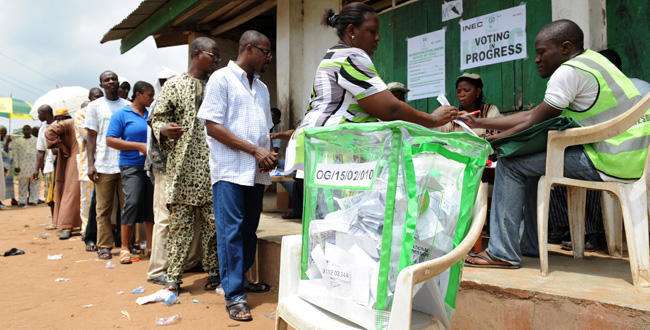
Breaking Down the New Electoral Amendment Bill
Abuja, Nigeria – July 2025 – Nigeria’s National Assembly is pushing forward with a landmark amendment to the 2022 Electoral Act in a bid to streamline elections, cut costs, and strengthen transparency ahead of the 2027 general polls. The new bill, officially titled SB 701, was introduced by Senator Saliu Mustapha (Kwara Central) and has already passed second reading at the Senate.
If passed into law, the Electoral Amendment Bill will bring major changes to how Nigeria conducts its elections—from how and when they are held, to how results are transmitted and monitored.
Key Highlights of the Amendment Bill
1. Same-Day Elections Across the Country
One of the most significant proposals is to hold all federal and state elections—including presidential, governorship, and legislative polls—on the same day. Lawmakers argue this will reduce the cost of elections, improve security logistics, and increase voter turnout.
2. Mandatory Electronic Transmission of Results
The bill gives INEC full legal backing to electronically transmit results from polling units. This addresses past controversies over result collation and is aimed at curbing electoral fraud.
3. Legal Support for E-Voting and Smart Card Readers
The amendment makes the use of electronic voting systems and smart card readers compulsory for accreditation and result verification, strengthening electoral credibility.
4. Election Funding Timeline
To avoid late preparations and rushed logistics, the bill mandates that election funds must be released to INEC at least one year before the general elections.
5. Campaign Spending Caps and Financial Disclosure
The new law proposes spending limits for candidates across all political levels and requires political parties to disclose campaign funding sources, aimed at increasing transparency.
6. Delegate Voting Reform
The amendment allows elected officials, including sitting presidents, governors, and lawmakers, to serve as ad-hoc delegates during party primaries and conventions—reversing earlier limitations under the 2022 Act.
7. Extended Voter Registration Window
The bill proposes that voter registration and revision should continue up to 90 days before election day, allowing more Nigerians to participate.
8. Harsher Penalties for Electoral Offences
New sections prescribe stronger punishments for vote-buying, voter intimidation, and manipulation of results, including jail terms and heavy fines.
Reactions from Lawmakers and Analysts
Supporters of the bill praise it as a timely reform ahead of the 2027 elections. “This is a smart, forward-thinking amendment that puts technology and transparency at the center of our democracy,” Senator Mustapha said during the Senate debate.
However, some lawmakers have raised concerns about INEC’s capacity to implement these reforms—especially the same-day election proposal, citing logistical and security hurdles.
What’s Next?
The Electoral Amendment Bill will now proceed to committee review and public hearings, before a final vote and potential presidential assent. If signed into law, the reforms will take effect before the 2027 general elections.
Bottom Line:
The new Electoral Amendment Bill could reshape the future of Nigeria’s democracy. Whether it succeeds will depend not just on legislation, but on proper implementation and political will.
Stay with us for updates on the bill’s progress in the National Assembly.









